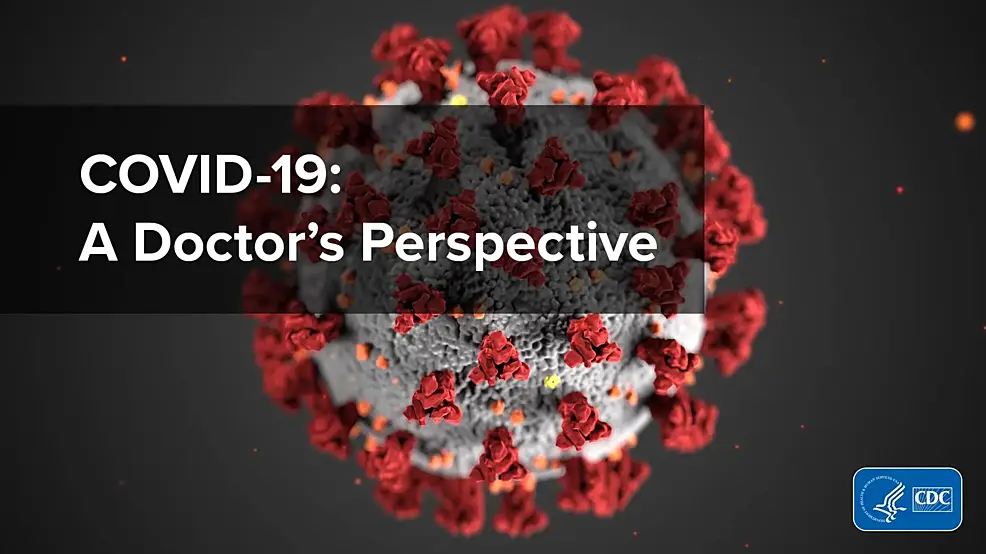COVID-19 and the Titanic Dilemma: Which Patients Get Priority?

Read the latest blog post from Cureus Editor-in-Chief, John R. Adler, Jr., M.D.
Passengers, frightened by the Titanic sinking beneath them and knowing that there were not enough lifeboats to go around, had mere minutes to prioritize who among them might be saved. Steerage passengers were largely left to fend for themselves. Among everyone else it was implicitly understood that children would be saved first. In fact, this necessity of sacrificing ourselves for younger generations is as old as humanity. This hierarchy of sacrifice for a “greater good” resonates deeply within all cultures and is part of why the movie Titanic is so beloved worldwide.
Fast-forward to Spring, 2020, where we find ourselves trapped on a metaphorical ship. This time we have tragically struck an invisible microbe precipitating the current Covid-19 pandemic. Starting first in Wuhan, then Northern Italy, Spain and France, and now bearing down with all its fury on the United States, Covid-19 is challenging the moral framework of our society, and even our identities as compassionate humans. At the heart of this calamity is a subset of very sick patients requiring prolonged respiratory support from a finite pool of ventilators. Anticipating a tragic necessity to ration these life-saving devices, a handful of US states, and most recently The University of Pittsburgh (UPMC), have developed a range of “guidelines.”
Some states have chosen to consider age, advanced cancer and intellectual impairment as relevant considerations for rationing ventilators. However disability and elder rights groups, seeking to represent their constituencies, have recently and successfully pushed back hard. Specifically, these lobbying groups have raised objections to the US Office of Civil Rights, arguing that hospitals (via state guidelines) were being “ordered to not offer mechanical ventilator support for patients” with “severe or profound mental retardation,” “moderate to severe dementia,” and “severe traumatic brain injury.” Memorializing these civil liberty objections, the ivory tower team of UPMC medical ethicists has developed their own set of “guidelines,” to which “100s of hospitals” are now poised to sign up.
The group think, the politics, the idiocy of where we now find ourselves in this health rationing debate, leaves me dumbfounded. Mortified. Stupefied. What I am hearing is that society’s politically savvy actually subscribe to the notion that a 90-year-old Alzheimer’s patient, a vegetative head injury patient, or an end stage cancer patient should have the same access to a proverbial lifeboat as a healthy 18-year-old. How can our collective judgment now be so impaired? How is it that our ancestor’s self-evident notions have been washed away during the current panic?
In no way do I wish to suggest a healthy Down’s Syndrome or vigorous cystic fibrosis adult not be given a fair shot at a life saving ventilator. However to not acknowledge that “fairness” can involve a hierarchy of intellectual, medical and “chronological” disability is beyond foolish. Hopefully such indifference to OUR collective future will not prove to be the final legacy of the “greatest generation”? Fortunately I am reassured by the many senior and disabled individuals with whom I have discussed the current intellectual brouhaha. Each of these many family members and friends are, like me, utterly dismayed that we are even having this debate.
So let me end by being thoroughly blunt. If at some juncture a medical team with only one ventilator needs to choose point blank between saving me, a healthy 65-year-old, and the life of a much younger and reasonably healthy patient, please do not hesitate - let me die.
Does anyone want to live in a world that has forgotten the wisdom of the ages?